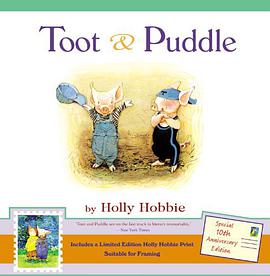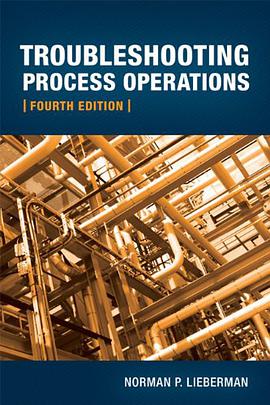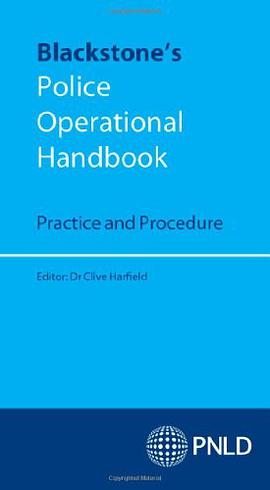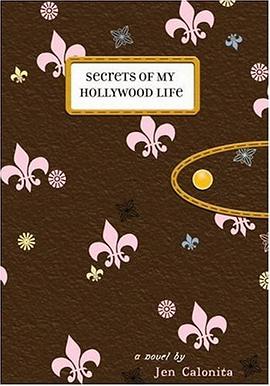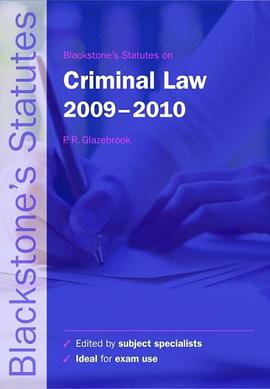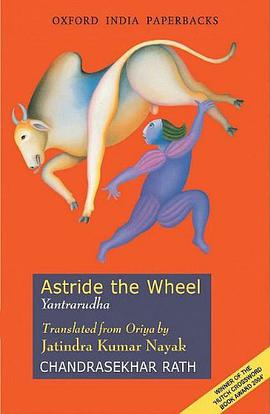

具体描述
The First World War mangled faces, blew away limbs, and ruined nerves. Ten million dead, twenty million severe casualties, and eight million people with permanent disabilities - modern war inflicted pain and suffering with unsparing, mechanical efficiency. However, such horror was not the entire story. People also rebuilt their lives, their communities, and their bodies. From the ashes of war rose beauty, eroticism, and the promise of utopia. Ana Carden-Coyne investigates the cultures of resilience and the institutions of reconstruction in Britain, Australia, and the United States. Immersed in efforts to heal the consequences of violence and triumph over adversity, reconstruction inspired politicians, professionals, and individuals to transform themselves and their societies. Bodies were not to remain locked away as tortured memories. Instead, they became the subjects of outspoken debate, the objects of rehabilitation, and commodities of desire in global industries. Governments, physicians, beauty and body therapists, monument designers and visual artists looked to classicism and modernism as the tools for rebuilding civilization and its citizens. What better response to loss of life, limb, and mind than a body reconstructed?
作者简介
Ana Carden-Coyne is Co-Director for the Centre for the Cultural History of War at the University of Manchester.
目录信息
读后感
评分
评分
评分
评分
用户评价
相关图书
本站所有内容均为互联网搜索引擎提供的公开搜索信息,本站不存储任何数据与内容,任何内容与数据均与本站无关,如有需要请联系相关搜索引擎包括但不限于百度,google,bing,sogou 等
© 2025 book.quotespace.org All Rights Reserved. 小美书屋 版权所有



